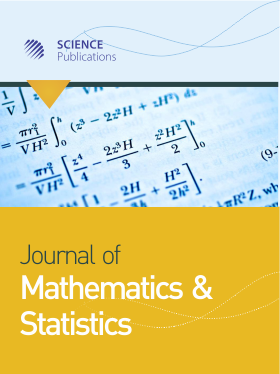Towards Some General Ecological Principles
- 1 Harstad University College, Norway
Abstract
Discrete deterministic age-structured, stage-structured and difference delay equation population models are analysed and compared with respect to stability and nonstationary behaviour. All three models show that species with iteroparous life histories tend to be more stable than species with semelparous life histories which allow us to conclude that this must be a fairly general ecological principle. Considering iteroparity, the precocious case appears to be more stable than the delayed case. The nonstationary dynamics shows a great deal of resemblance too, but when the number of age classes are even there is a mismatch between the dynamical outcomes of the age- and stage-structured case whenever the survival probabilities are large or moderate. Regarding semelparous species the analysis of the age-structured and the difference delay equation model clearly suggest that precocious semelparous species are more stable than delayed semelparous species and, moreover, that the transfer from stability to instability goes through a Hopf bifurcation. This is in great contrast to the outcome of the stage-structured model. In this case we find that the delayed case is more stable than the precocious and in unstable parameter regions there are orbits of period 2k, k > 1, which we do not find when the life history is precocious.
DOI: https://doi.org/10.3844/jmssp.2012.446.460

- 3,466 Views
- 2,046 Downloads
- 0 Citations
Download
Keywords
- Stage-Structure
- Age-Structure
- Semelparity
- Iteroparity
- Stability
- Bifurcation
